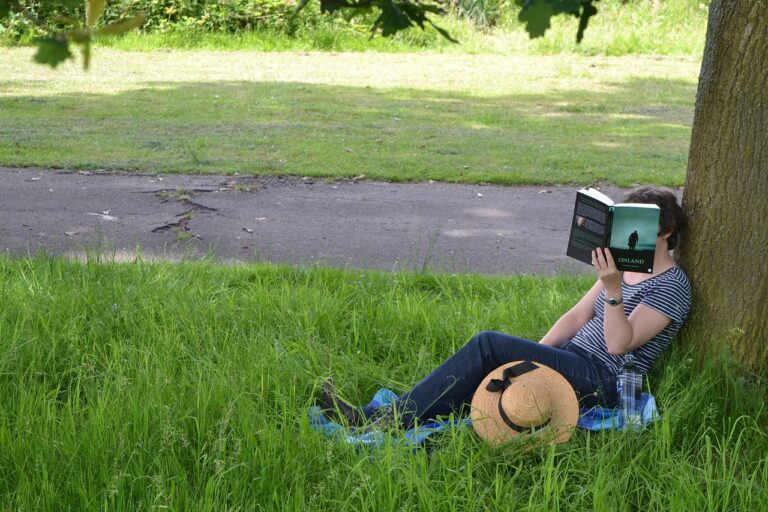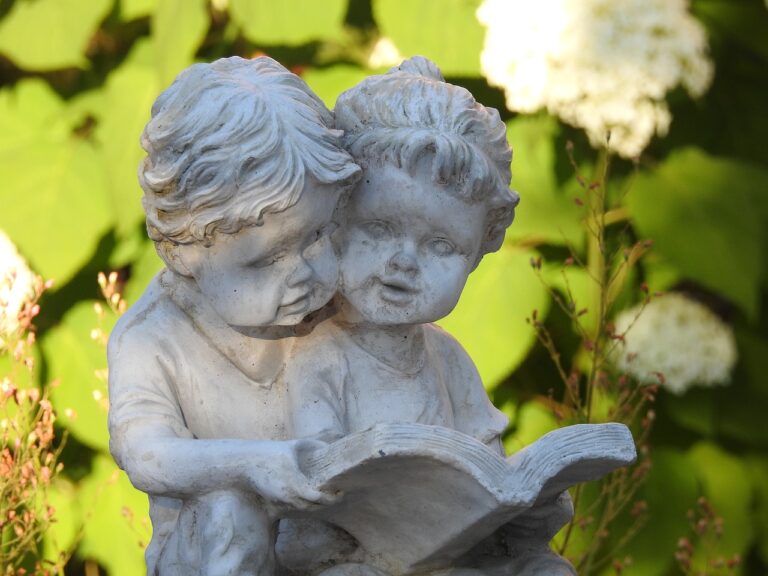Supporting Peer Relationships in Preschool Settings: Diamondexch sign up, Sky 99 exch, Reddy anna book club
diamondexch sign up, sky 99 exch, reddy anna book club: Supporting Peer Relationships in Preschool Settings
Peer relationships play a crucial role in a child’s development, especially during their preschool years. These relationships help children learn important social skills, build empathy, and develop a sense of belonging. As educators and parents, it is essential to create a supportive environment that nurtures positive peer interactions. Here are some tips on how to support peer relationships in preschool settings:
Encourage Cooperative Play
Cooperative play is a great way for children to learn how to work together and solve problems as a team. Encourage activities that require cooperation, such as building blocks or completing a puzzle together. This will help children learn how to take turns, share, and communicate effectively with their peers.
Promote Inclusive Play
It is important to create an inclusive environment where every child feels welcome and accepted. Encourage children to include others in their play and to be respectful of each other’s differences. Teach children about diversity and the importance of being kind and empathetic towards others.
Provide Opportunities for Peer Interaction
Set up activities that encourage children to interact with their peers, such as group games, art projects, or music and movement activities. These opportunities will help children learn how to work together, communicate, and build friendships.
Teach Conflict Resolution Skills
Conflicts are bound to happen, even among preschoolers. Teach children how to resolve conflicts peacefully and respectfully. Encourage them to use words to express their feelings and to listen to each other’s perspectives. Model positive conflict resolution strategies and provide guidance when needed.
Create a Positive Classroom Climate
Foster a positive classroom climate where children feel safe, valued, and respected. Set clear expectations for behavior and model kindness and empathy in your interactions with the children. Celebrate acts of kindness and friendship to reinforce positive peer relationships.
Encourage Parent Involvement
Parents play a crucial role in supporting their child’s peer relationships. Encourage parents to talk to their children about the importance of friendship, empathy, and inclusion. Provide resources and tips for parents on how to support their child’s social development at home.
In conclusion, supporting peer relationships in preschool settings is essential for children’s social and emotional development. By promoting cooperative play, inclusivity, peer interaction, conflict resolution skills, positive classroom climate, and parent involvement, educators and parents can create a supportive environment where children can thrive socially. Remember that every child is unique, and it is essential to celebrate their individuality while fostering positive peer relationships.
FAQs:
Q: How can I help my child make friends in preschool?
A: Encourage your child to participate in group activities, teach them social skills such as sharing and taking turns, and provide opportunities for playdates with other children.
Q: What should I do if my child is having trouble getting along with their peers?
A: Talk to your child about how they are feeling, teach them conflict resolution skills, and work with their teacher to provide support and guidance in improving their peer relationships.







